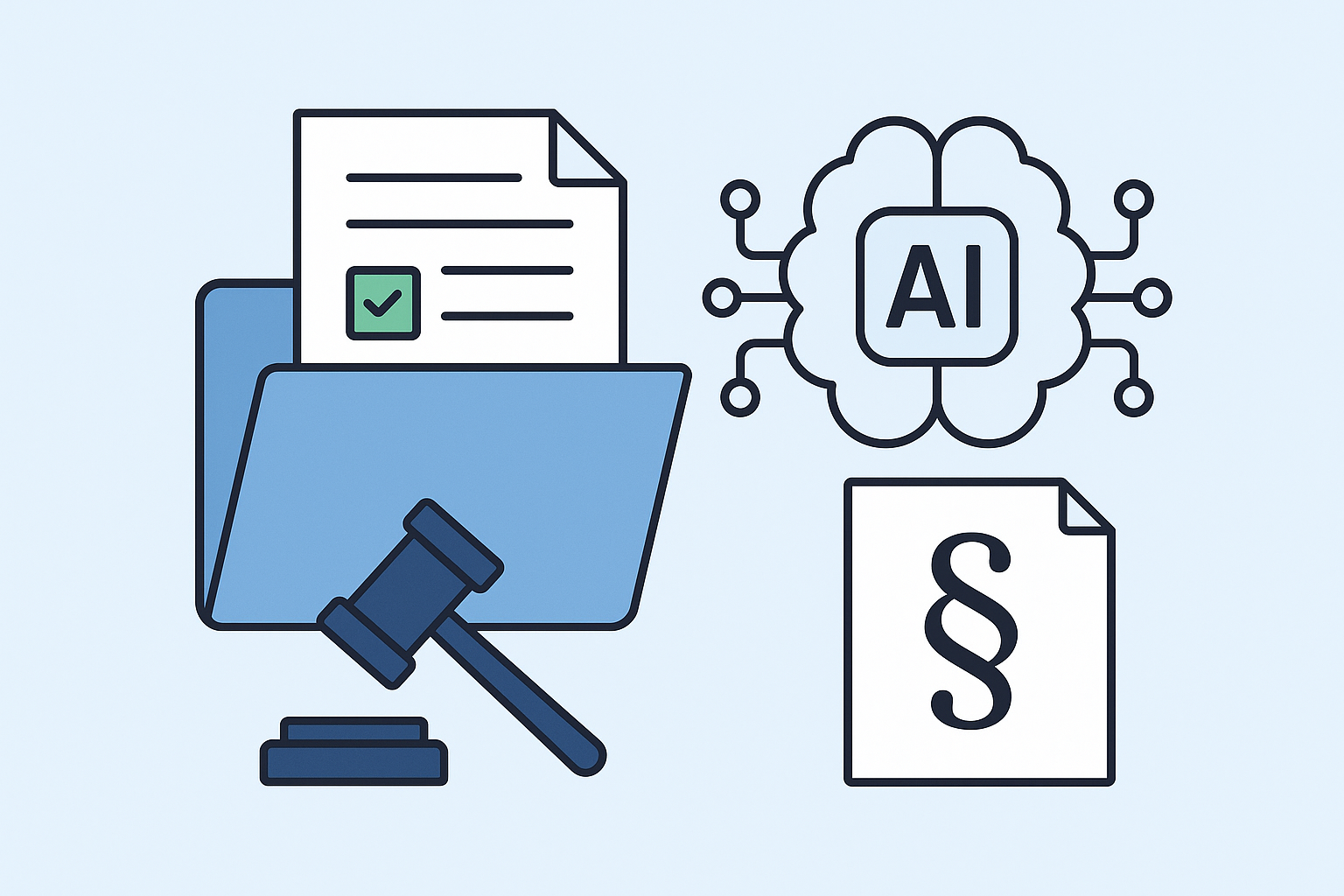
How to Reuse Precedents Safely with AI
Reusing contract precedents is one of the fastest ways to speed up drafting, but it's also one of the easiest ways to introduce risk if the process isn't controlled. Outdated clauses, jurisdictional mismatches, or formatting inconsistencies can all slip through if precedent reuse is unmanaged.
This guide explains how to use AI contract precedent tools to speed up drafting whilst maintaining legal quality and client trust.
What Is an AI Contract Precedent?
An AI contract precedent is a pre-approved clause or agreement stored in a firm's knowledge base that AI can surface, adapt, and recommend for new matters. The goal is to reuse high-quality language efficiently, without introducing outdated, irrelevant, or risky content into new drafts.
Why Reusing Precedents Can Go Wrong
Many law firms and in-house teams rely on past agreements to accelerate drafting. But precedent only helps if it's relevant and current.
Risks include:
- Using language drafted for a different governing law (e.g., DIFC arbitration clause in an onshore UAE contract)
- Carrying over negotiation-specific concessions into unrelated matters
- Losing consistency in defined terms, fallback positions, or formatting
- Missing updated regulatory references, such as changes in UK corporate governance codes
Without clear context or validation, precedent reuse can lead to disputes, delays, or reputational damage.
What Safe Precedent Reuse Looks Like
Done right, AI-assisted precedent reuse:
- Surfaces clauses that match current firm policy and style
- Filters results by jurisdiction, governing law, and matter type
- Maintains definition consistency and fallback logic
- Keeps lawyers in full control over what is accepted or adapted
"AI doesn't replace your precedent library — it makes it usable, relevant, and safer to deploy in the real world."
How AI Makes Precedent Reuse Safer
Modern tools like Qanooni integrate directly with your document management system (DMS), using your existing clause library. The system applies intelligent classification in the background so you can find the most relevant clauses instantly—without manually tagging or searching through folders.
AI learns from prior matters and drafting history to:
- Identify clauses that reflect current standards
- Match language to jurisdictional and matter context
- Recommend wording that aligns with the way your teams actually draft
Practical Workflow: Safe Precedent Reuse with Qanooni
- Access approved clauses directly within your DMS integration
- AI surfaces the most relevant precedent for the matter at hand
- Review recommendations in context, with jurisdiction and deal type considered
- Edit or adapt as needed, then finalise with human sign-off
This approach ensures lawyers always start from strong, approved language without slowing down the drafting process.
What to Avoid When Using AI for Precedents
- Public database clauses without firm-specific adaptation
- Fallback positions suggested without visibility into risk hierarchy
- Legacy language carried over from outdated or unrelated deals
Geo-Specific Context
- UAE & DIFC: Ensuring bilingual clause alignment (Arabic and English) and compliance with DIFC/ADGM governing law clauses
- UK: Maintaining consistency with recent Companies Act amendments and regulatory references
- Cross-border deals: Recognising enforceability issues in multiple jurisdictions before reusing language
These jurisdictional filters are where AI delivers the most value—ensuring speed never comes at the cost of accuracy.
Industry Perspective
A World Economic Forum briefing emphasises that AI in law delivers the greatest value when it enhances a firm's existing expertise rather than replacing it. Precedent reuse is a clear example of this principle in action.
FAQs
1. Can AI reuse contract precedents without risk?
Not entirely. AI can make reuse safer by surfacing relevant, approved clauses and flagging outdated language, but final review must remain with the lawyer.
2. Does Qanooni replace my precedent library?
No. Qanooni works with your existing clause bank inside your DMS, enhancing search, classification, and relevance filtering.
3. Can it handle multi-jurisdictional drafting?
Yes. AI can detect governing law, jurisdiction-specific language, and adapt results accordingly, helping avoid cross-border drafting errors.